Yemen truce a step toward broader peace deal, says UN envoy
The United Nations special envoy for Yemen on Friday expressed surprise and delight as the truce between the warring parties in the Arab country holds up, saying the agreement could be a precursor to a broader peace deal.
"The truce is holding and this is to the surprise of many analysts who are out here…and I have to say that I'm also surprised at the commitment that the parties have shown, despite all the challenges," Hans Grundberg said at the Yemen International Forum in Stockholm, Sweden.
"We know that it is fragile, yes, it’s far from perfect, but it is holding," he hastened to add.
The UN-brokered truce between the Saudi-led coalition and the popular Ansarullah resistance movement, which came into effect in April, was extended for another two months on June 2.
As part of the ceasefire, commercial flights have resumed from Sana'a International Airport to Amman and Cairo, while oil tankers have also been able to dock in the port of Hodeidah.
The elusive truce has provided a rare let-up in the Saudi-led coalition’s attacks on the Arab country, even though the coalition has been accused of a series of ceasefire violations.
The truce “has delivered some humanitarian respite to the population that is unprecedented in terms of the history of the conflict, and from that point of view, it also provides us with scope and breathing space for engaging on a political settlement,” Grundberg was quoted as saying by AFP on the sidelines of the forum.
He said the warring parties have been holding direct UN-backed meetings in the Jordanian capital of Amman for the first time in a year, saying the truce could be the first step towards a broader settlement of the protracted crisis.
“The truce provides us with steps that normalize life in certain small areas for the Yemeni population, and that I think is both important, but also symbolic," he said.
“The obvious wish that I have is that this normalization, not only on the airport but on all other issues that we’re engaging on, continues”.
Saudi Arabia launched the devastating war on Yemen in March 2015 in collaboration with its Arab allies and with arms and logistics support from the US and other Western states.
The objective was to reinstall the Riyadh-friendly regime of Abd Rabbuh Mansur Hadi and crush the Ansarullah resistance movement, which has been running state affairs in the absence of a functional government in Yemen.
While the Saudi-led coalition has failed to meet any of its objectives, the war has killed hundreds of thousands of Yemenis and spawned the world’s worst humanitarian crisis.
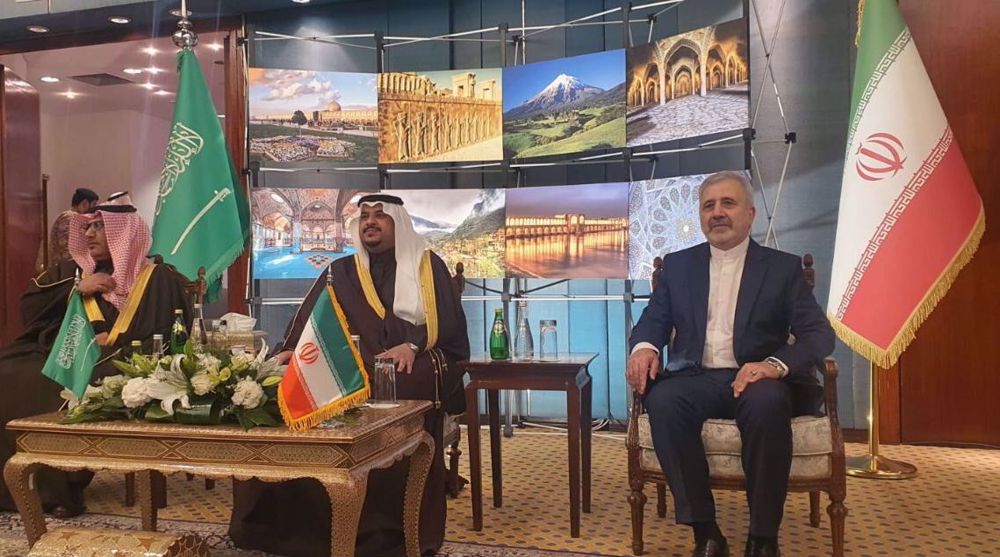
Tehran, Riyadh expanding, deepening mutual cooperation: Iran’s ambassador
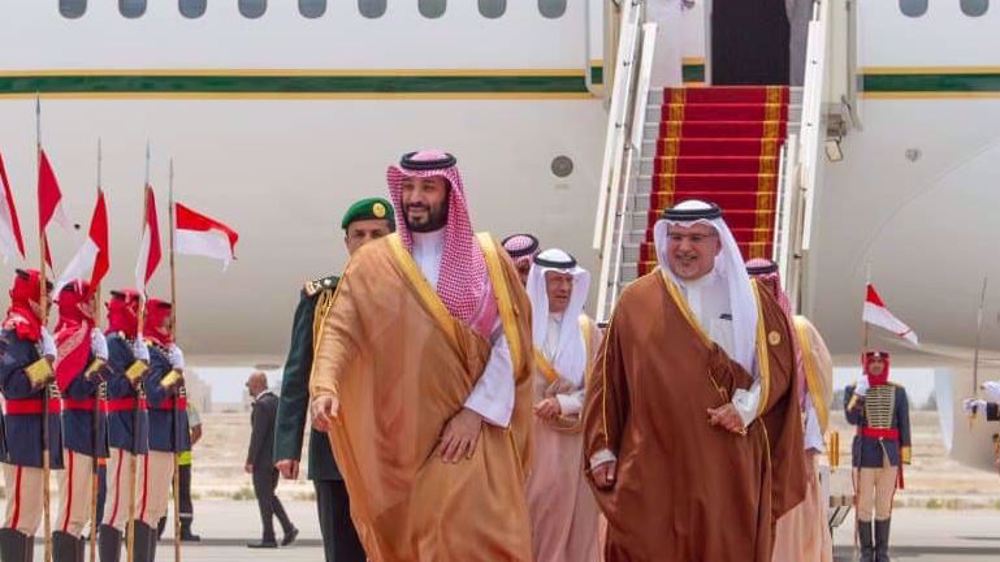
Arab League condemns Netanyahu’s proposal to create Palestinian state in Saudi Arabia
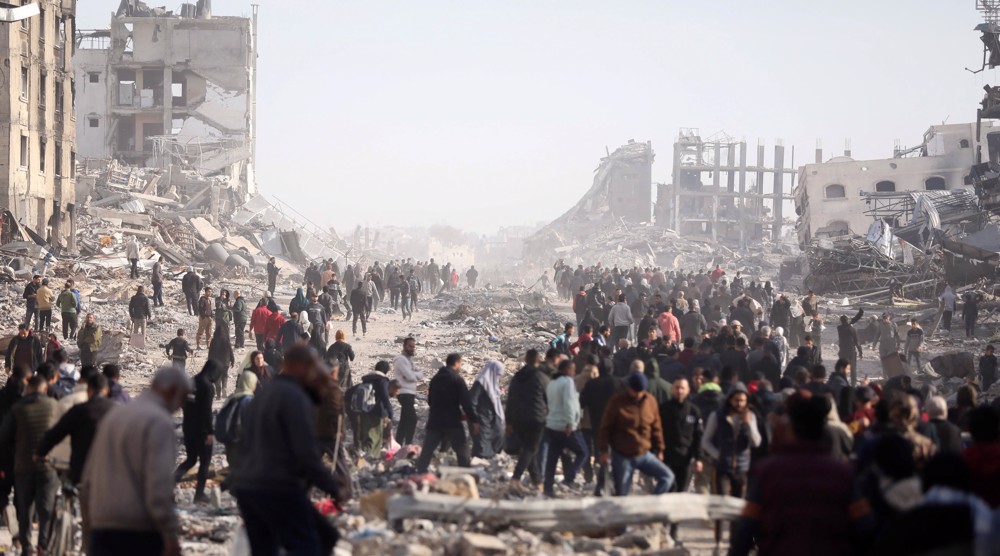
‘Extremist mindset’: Riyadh rejects Netanyahu’s remarks on displacing Palestinians
Iranian flotilla makes port call in India with 'friendship message'
How UK counter-terror police colluded with Zionists to detain me after Beirut trip
Biden, Blinken, Austin referred to ICC over Gaza war crimes
EU will 'do the same' if US implements tariff hikes: France
VIDEO | Press TV's news headlines
British celebrities condemn BBC removal of Gaza documentary
Iran Army acquires tactical vehicles, audio surveillance systems
VIDEO | UK police detain anti-Zionist scholar upon return from Lebanon


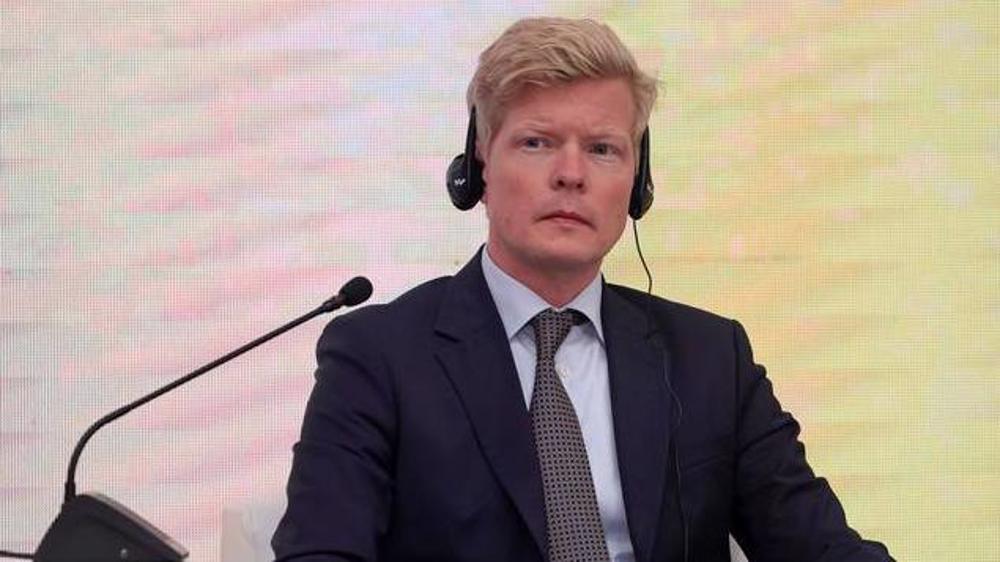
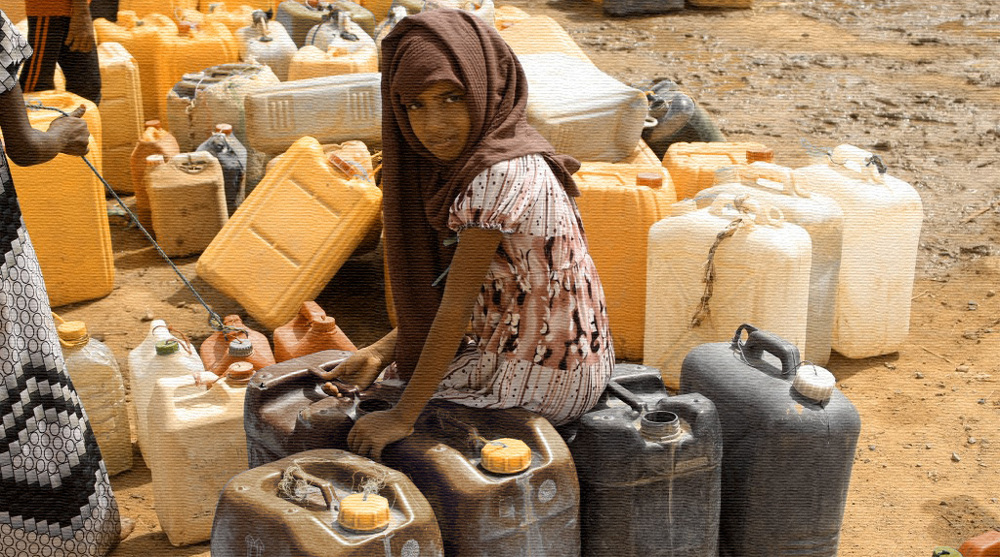



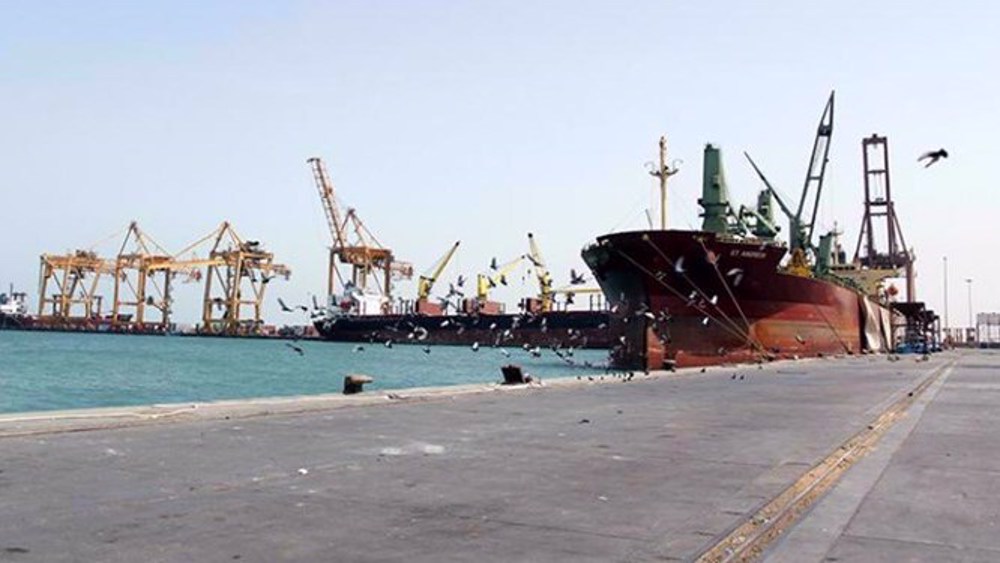
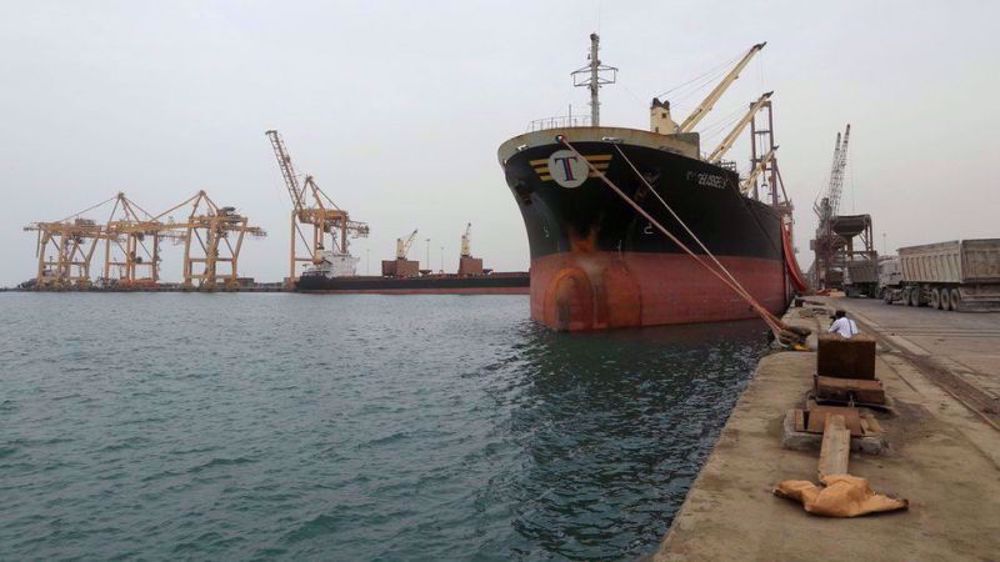


 This makes it easy to access the Press TV website
This makes it easy to access the Press TV website